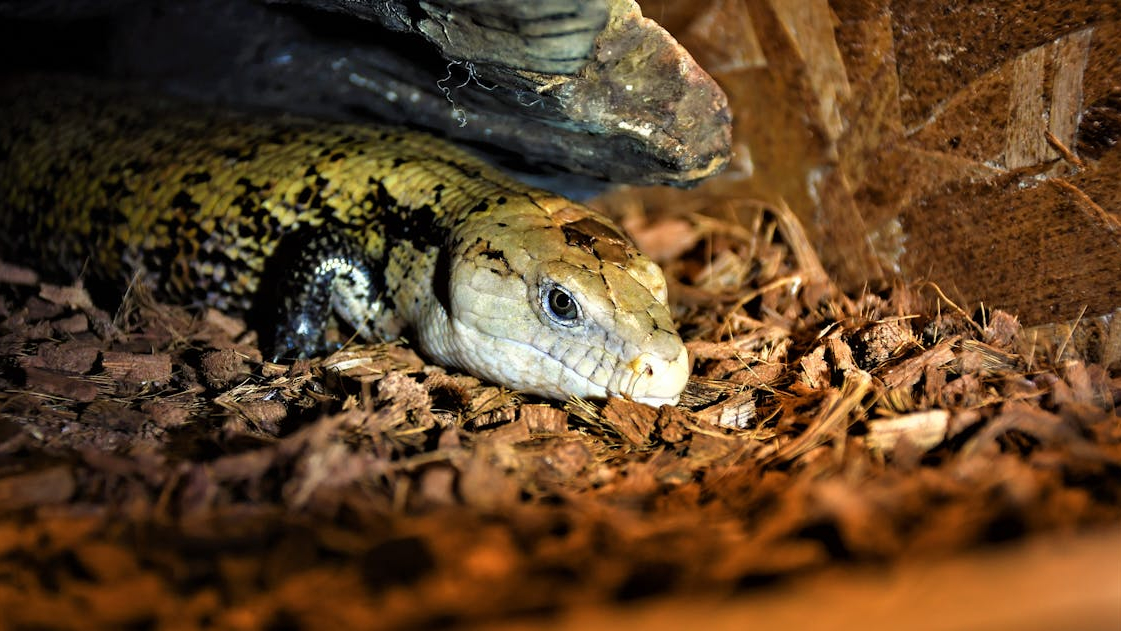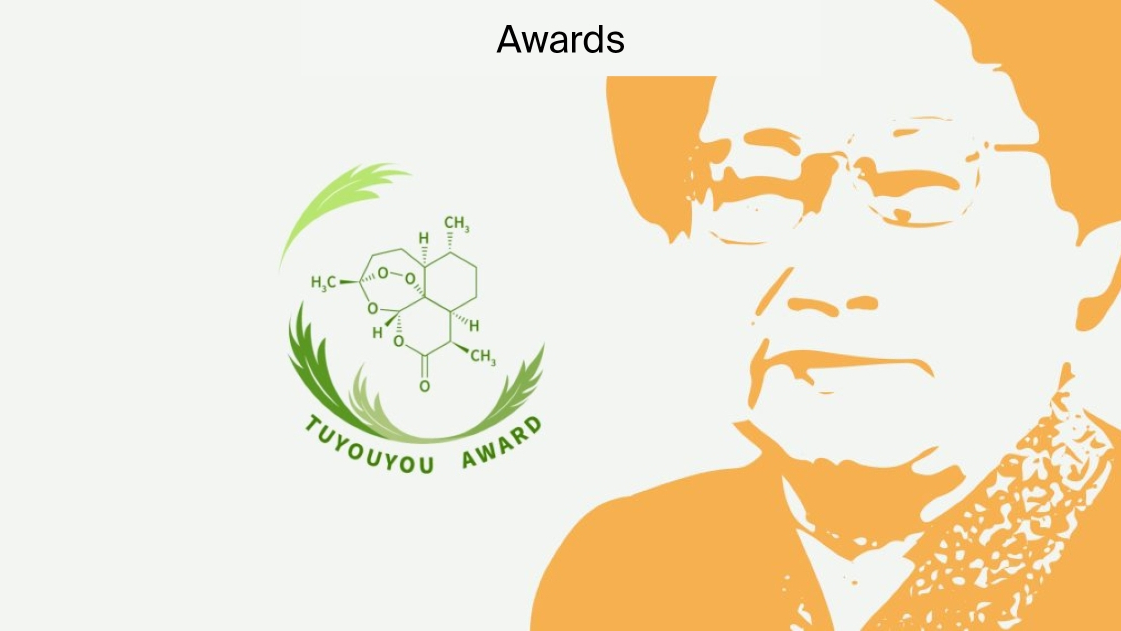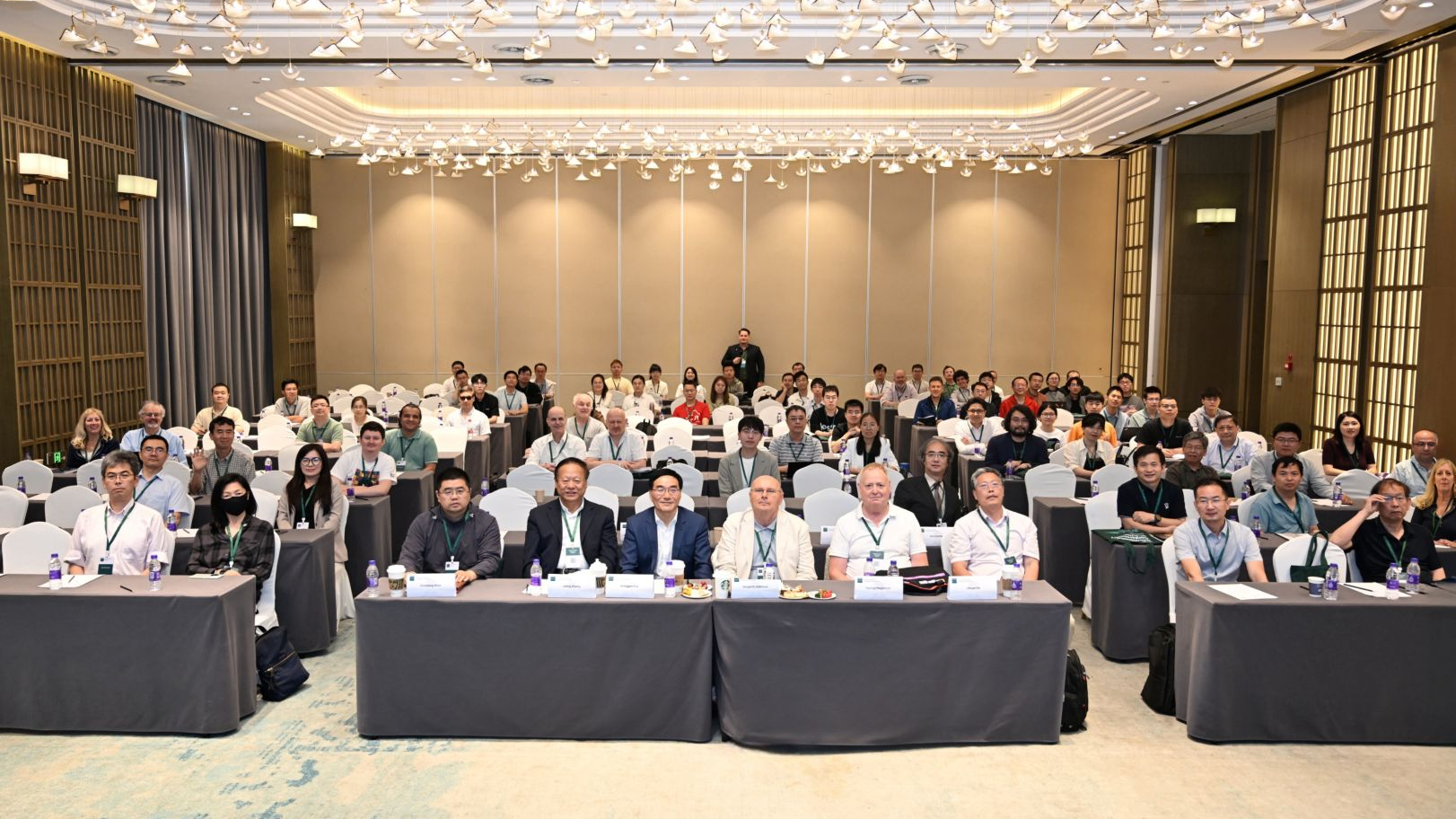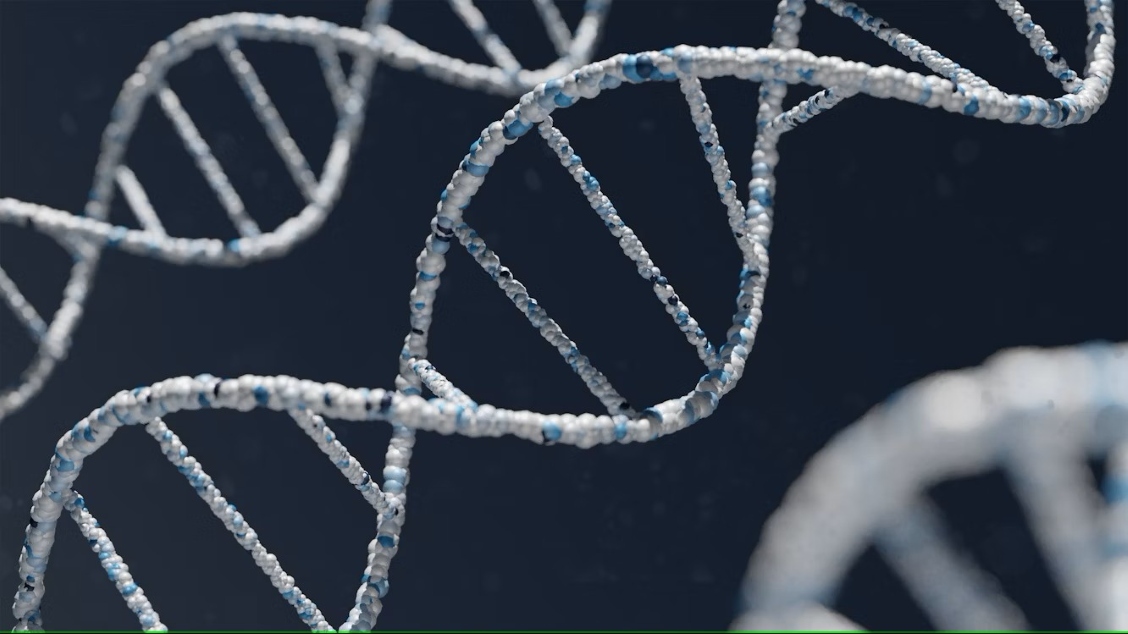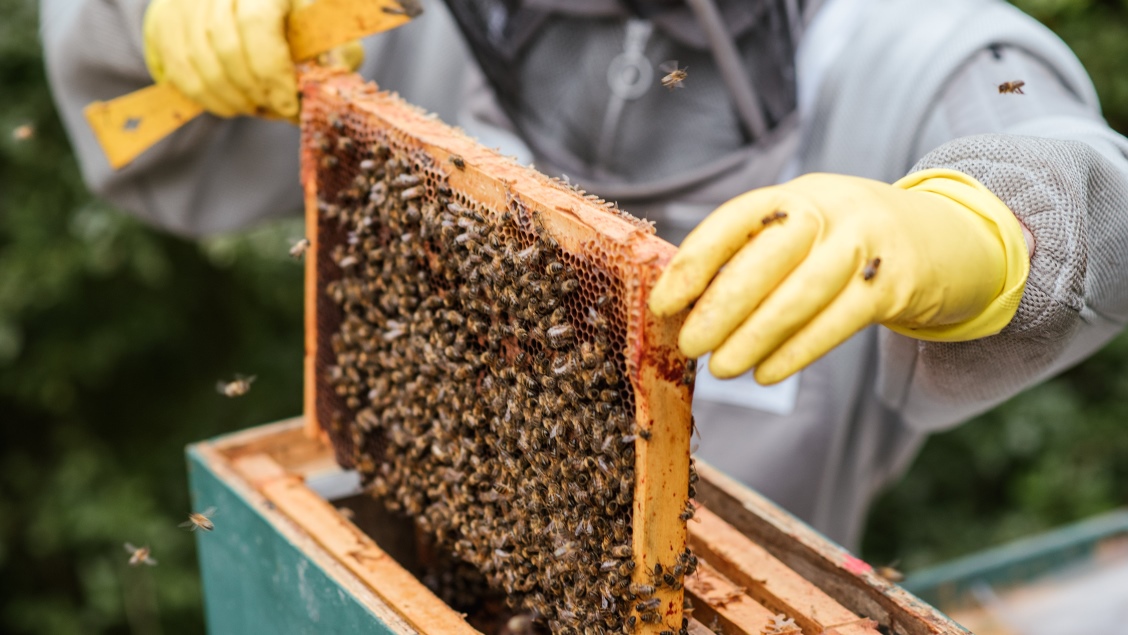
Working with Bees for Sustainability
Pollination is a highly important process for the planet. Almost 90% of wild plants and 75% of global crops depend on animal pollination. As one of the main pollinators, bees’ role in food production and maintaining biodiversity cannot be understated. But bees currently face various threats due to climate change. Researchers are discovering how working with bees can help us support sustainability.
In this article, we’ll explore the importance of bees and how researchers are working with them to monitor the environment, check for harmful pollutants, and tackle the Sustainable Development Goals.
Why are bees important?
The significance of bees has been understood for thousands of years. This is because bees play integral roles in nature and supplying us with products like honey.
Pollination is one of their primary contributions. Pollination occurs when animals or insects travel from one plant to another, fertilising it. Bees’ bodies are covered with hairs that attract pollen, meaning when a bee lands on a flower it gets coated in its pollen. Then, as the bee travels to another plant or flower, the pollen is distributed. This later yields fruits, vegetables, and seeds that humans and other animals depend on.
There are various other ways bees contribute to the natural environment:
- Bees produce honey to feed their colonies during the cold winter months. Honey has been harvested by humans for thousands of years and by animals such as birds and racoons.
- Pollination helps encourage growth in tropical forests, savannah woodlands, and temperate deciduous forests, influencing many tree species like willows and poplars. Together, these create habitats for various other animals, insects, and plants.
Ultimately, bees contribute to complex ecosystems that support the lives of countless species and enable them to co-exist together. But how can we work with bees to support our ecosystems?
Researchers working with bees for sustainability
Here, we’ll go over some recently published research on working with bees to increase sustainability practices.
Bees as field scientists
A review in Insects looks at how honeybees can serve as monitors of the environment. The authors look at various studies on the topic to see how bees can be used to measure environmental pollutants.
They chose honeybees for a range of reasons:
- They are widespread and easily kept and collected;
- They go on several foraging trips a day, covering an area of 7 km²;
- Similar to how they collect pollen, substances from the atmosphere may land on their hairy bodies;
- They collect pollen, nectar, honeydew, resin, and water and often deposit these at their hives.
Essentially, bees can gather numerous samples over a given area from the air, water, soil, and plants. This is highly cost effective, especially compared to using technical equipment or researchers having to manually gather samples. This can enable researchers to analyse pollen, how changing weather conditions and climate change affect pollination, and heavy metal pollution, among other things.
The authors note that, although other factors can influence these findings, such as wind and seasonal variation, this is a new and exciting field of study that demonstrates how working with bees can help when collecting environmental data.
How bees can warn us about pollutants
Similarly, an article in Applied Sciences investigates how honeybees can be used to monitor environmental pollution, specifically as a warning for human health.
The authors suggest observing bee populations and health after pesticide pollution events and using these data to monitor whether pesticides are being used safely. They look at various examples of these events which reflect dangerous pesticide use.
For example, in 2017, an insecticide called methomyl was found in dead honeybees. This chemical is considered highly hazardous to human health. Furthermore, in 2018, a highly significant presence of methiocarb was detected in samples of honeybees. It was found in samples combined with other active substances, indicating excessive pesticide use.
The authors note that 55% of the positive samples contained more than one active substance, meaning they could have potential synergistic effects that make them even more unsafe for honeybees and humans.
Human exposure to pesticides can occur via oral, dermal, or respiratory routes, with chronic cumulative effects varying depending on the substance. The authors suggest that honeybee-killing incidents could also potentially pose a risk to human health.
So, monitoring honeybees and protecting them from exposure to dangerous substances is a safe way to protect humans from them too.
Working with bees to tackle Sustainable Development Goals
An article in Sustainability looks at the beekeeping industry in Hungary and explores ways it can be supported through fees and reflecting on what factors influence it.
The authors cite a study that shows that bees can contribute to 15 out of the 17 Sustainable Development Goals developed by the UN. They outline some of them as follows:
- Goal 1: No Poverty and Goal 8: Decent Work and Economic Growth. Working with bees provides livelihoods for populations, diversifying work in rural areas.
- Goal 2: Zero Hunger. Pollinating bees increase yields and enhance the nutritional value of fruits, vegetables, and seeds.
- Goal 3: Good Heath and Wellbeing. Bee products can be used for medicinal purposes.
- Goal 13: Climate Actions. As discussed above, bees can contribute to a better understanding of climate change if used as indicator species.
- Goal 15: Life on Land. They also contribute to biodiversity by pollinating flowers and plants.
In Hungary, they explain, beekeeping and other adjacent work provide 20,000 jobs and significant revenue. The diverse work includes maintaining bees and their colonies, distributing bee products, and even tourism, as people are interested in learning about and seeing bees.
Furthermore, across the EU in 2020, there were around 19 million beehives handled by around 615,000 beekeepers.
Overall, working with bees can help us recognise the effects of climate change and work together with nature to boost sustainability, specifically through the SDGs.
MDPI is committed to tackling the SDGs
The UN’s 17 Sustainable Development Goals (SDGs) are a global call for action, aimed at developed and developing countries to end some of the most urgent global issues we are facing.
In 2020, the SDG Publishers Compact was launched, which aimed to accelerate the goals by promoting publishing content that will help inform, develop, and inspire action within the SDGs’ scope.
MDPI is committed to promoting Open Access (OA) content on SDGs in the form of scientific articles and books. We have even more articles related to tackling SDGs by working and for bees if you want to learn more,



